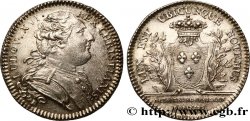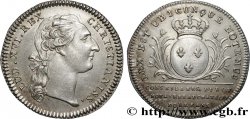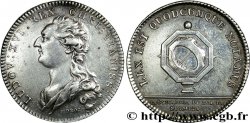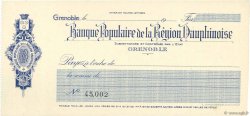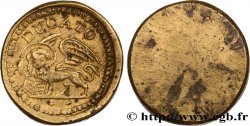Live auction - fjt_207060 - ROYAL NOTARIES Notaires de Bordeaux - Louis XVI 1756
You must signin and be an approved bidder to bid, LOGIN TO BID. Accounts are subject to approval and the approval process takes place within 48 hours. Do not wait until the day a sale closes to register. Clicking on "BID" constitutes acceptance of the terms of use of cgb.fr private live auctions.
Bids must be placed in whole Euro amounts only. The sale will start closing at the time stated on the item description; any bids received at the site after the closing time will not be executed. Transmission times may vary and bids could be rejected if you wait until the last second. For further information check the Live auction FAQ
All winning bids are subject to a 18% buyer’s fee.
All winning bids are subject to a 18% buyer’s fee.
| Estimate : | 1 350 € |
| Price : | no bid |
| Maximum bid : | no bid |
| End of the sale : | 01 March 2016 18:21:28 |
Type : Notaires de Bordeaux - Louis XVI
Date: 1756
Metal : silver
Diameter : 30,25 mm
Orientation dies : 6 h.
Weight : 8,90 g.
Edge : cannelée
Rarity : R3
Coments on the condition:
Superbe exemplaire recouvert d’une jolie patine aux reflets irisés
Catalogue references :
Obverse
Obverse legend : LUD. XVI. REX CHRISTIANISS..
Obverse description : Buste de Louis XVI, signé B. DUVIV, type 744 du Guéant - Prieur dans une variante non encore répertoriée.
Reverse
Reverse legend : LEO ANIMALIBS NOTAE NOSTRAE HOMINIBS LEG. IMPONT ; À L'EXERGUE : CONSEILLERS DU ROI NOTRES A BORDEAUX I. D. V..
Reverse description : Lion marchant à gauche, patte gauche et queue relevées, signature I. D. V. sous la patte avant droite.
Commentary
Rare cas où le revers est signé, aussi bien que l’avers, c’est le coin déjà utilisé en 1756 et réalisé par Jean Duvivier.
Feuardent ne cite ce jeton qu’en refrappe, notre exemplaire est incontestablement d’époque, le buste est par ailleurs spécifique à ce jeton et il est probable que les Notaires de Bordeaux en passèrent commande au graveur pour leur usage exclusif.
Feuardent ne cite ce jeton qu’en refrappe, notre exemplaire est incontestablement d’époque, le buste est par ailleurs spécifique à ce jeton et il est probable que les Notaires de Bordeaux en passèrent commande au graveur pour leur usage exclusif.







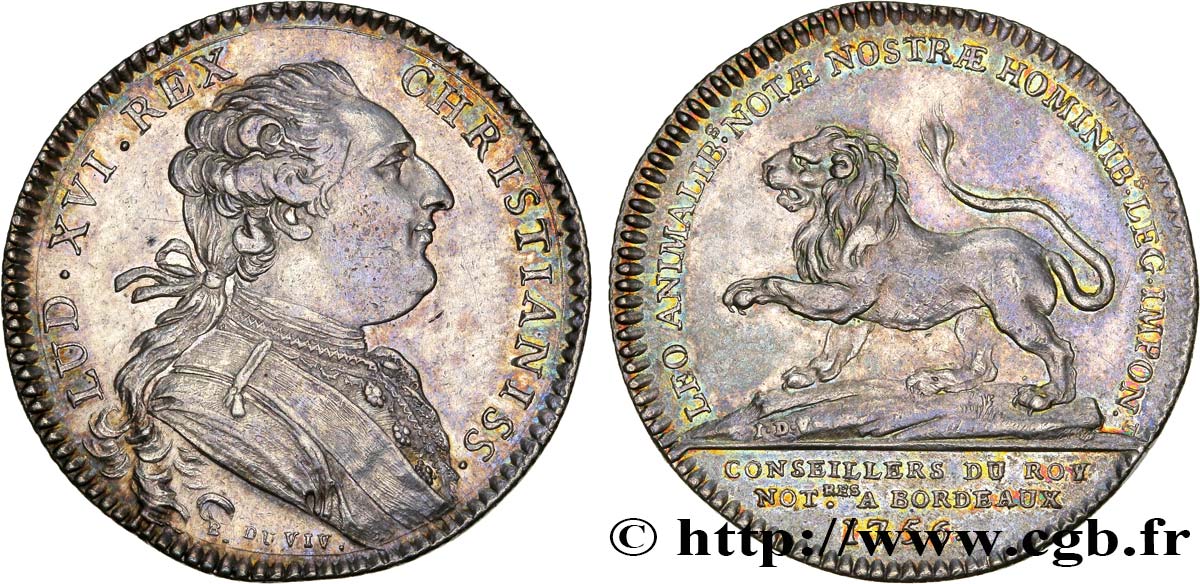
 Report a mistake
Report a mistake Print the page
Print the page Share my selection
Share my selection Ask a question
Ask a question Consign / sell
Consign / sell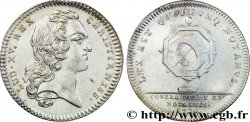
 Full data
Full data
